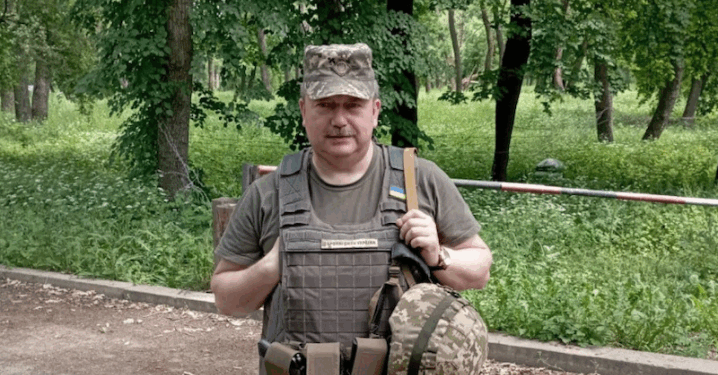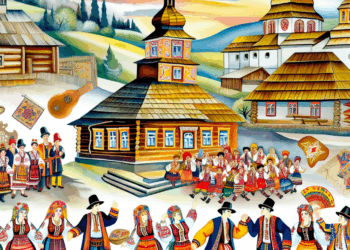Chernivtsi general Volodymyr Shvedyuk and two other Ukrainian officers were banned from entering Hungary. In response, Ukraine closed entry to three Hungarian military officers.
Ukrainian Foreign Minister Andriy Sibiga called it “an adequate response to unjustified actions” and said: “Every act of inappropriate behaviour will be answered, especially if it concerns our military”.
The conflict has its origins in the death of ethnic Hungarian József Szébesten in Transcarpathia. In July, Hungarian authorities said he died after being beaten and had Hungarian citizenship. Kiev, however, stressed: Shebesten was a Ukrainian citizen, mobilised legally. According to the Ukrainian Armed Forces, he left the unit unauthorisedly, sought medical assistance and then died of a thromboembolism.
Against this background, Budapest banned the entry of three Ukrainian military officials, including General Shvedyuk. Now the Ukrainian side has responded in a mirror-like manner.
Such steps are an indicator that instead of respect and clear order, the sides exchange bans as if in a game of mirrors. Where there is real diplomatic strength and mutual trust, such stories seem unthinkable.








